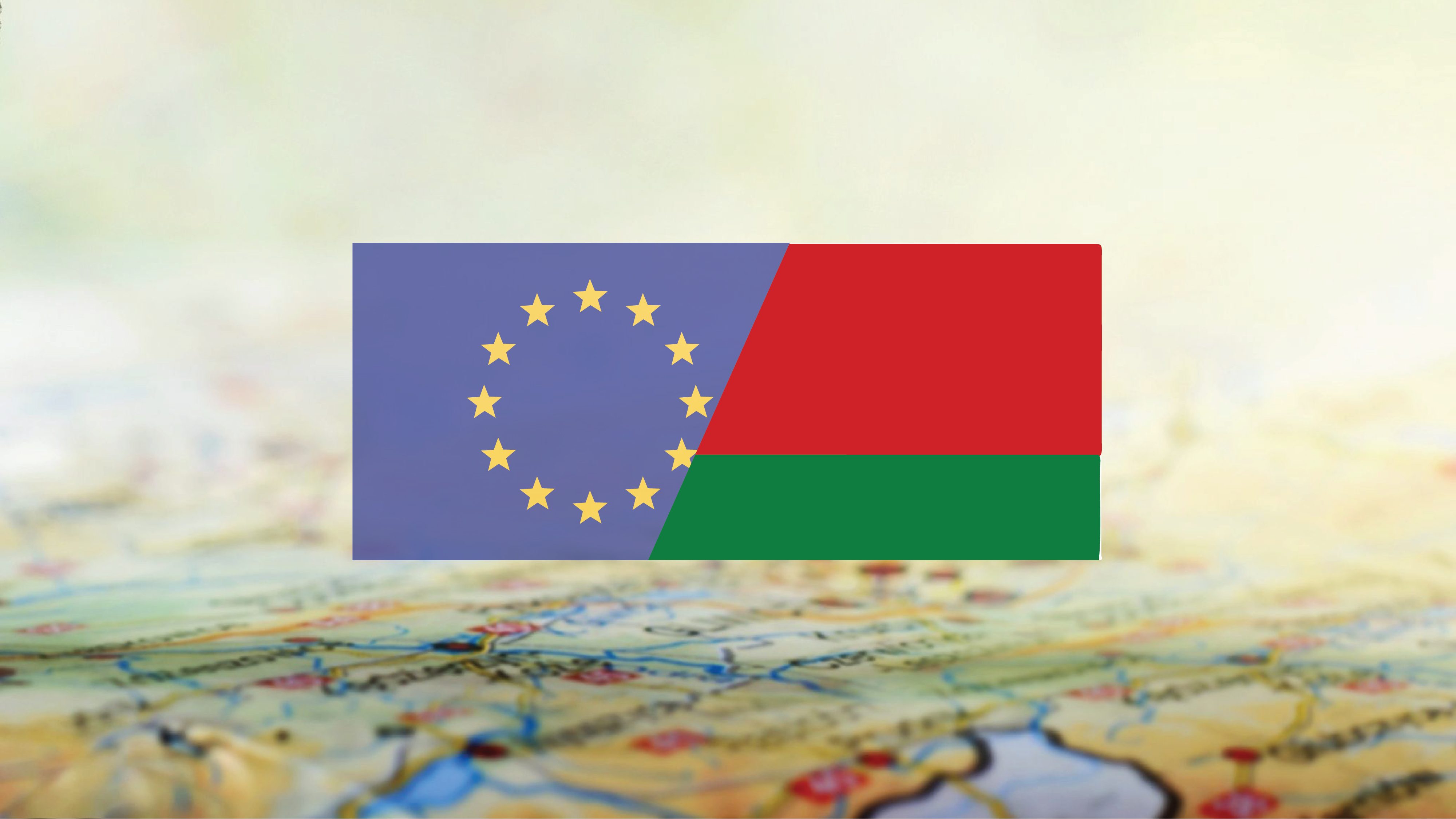Sanctions pre Russia-Ukraine conflict
Prior to the outbreak of this conflict, the European Union had already been imposing a set of restrictive measures against Belarus since October 2020, following the presidential elections in the summer of 2020. Its results were not recognized by the EU as there were acts of violence by Belarusian authorities against peaceful demonstrators.
In the last quarter of 2020, sanctions were imposed against a broad group of people, including the president, Alexandr Lukashenko and his son, central government figures, several judges or the president of the Public Television and Radio Company.
As early as 2021, due to the continuing repression in Belarus, the EU imposed a ban on Belarusian air carriers flying over EU airspace and accessing EU airports.
A total of 183 persons and 26 entities are currently designated under the sanctions regime against Belarus.
In addition, the European Union and Belarus signed an Agreement on visa facilitation that entered into force on 1 July 2020, simultaneously with an Agreement on readmission of persons residing without authorization. It was aimed at facilitating, on the basis of reciprocity, the issuance of visas for intended stays not exceeding 90 days per period of 180 days for Union citizens and Belarusian nationals. The facilitation agreement was intended to contribute to the strengthening of people-to-people contacts and the sharing of values, including respect for human rights and democratic principles.
On 28 June 2021, the Belarusian authorities took a unilateral decision to suspend the readmission agreement, and a law with the same goal was adopted by its parliament on 4 October of the same year.
Due to the rapidly deteriorating relations between the two parties, the Council of the European Union adopted on 9 November 2021 a decision partially suspending the application of certain provisions of the Visa Facilitation Agreement. This suspension is aimed at certain categories of applicants, namely members of official Belarusian delegations, members of the national and regional governments and parliaments of Belarus, as well as members of the Constitutional Court and the Supreme Court of Belarus in the exercise of their duties.
According to the Council, this decision does not affect ordinary Belarusian citizens, who would continue to enjoy the same benefits under the Agreement as they did prior to the partial suspension.



